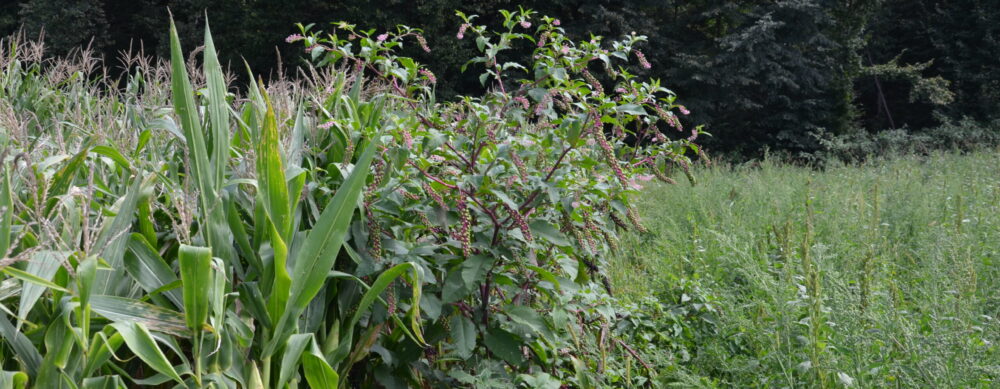Climate change affects many aspects of agriculture, from altered planting and harvesting times to herbicide efficacy. Rising temperatures can directly reduce the effectiveness of herbicides while favoring the growth of weeds from warmer regions. Increased CO2 concentrations, the driving force behind climate change, also have a fertilizer-like effect on some weeds. In short, climate change can make weeds more competitive and cause herbicides to become less effective.

As environmental changes due to climate change accelerate, farmers need to be informed about how to adapt their practices. AgriWeedClim aims to communicate the often complex findings from climate and biodiversity research more clearly, through articles in agricultural journals and on the project’s homepage.
Ziska et al. (2016) showed that climate change can significantly reduce the efficacy of certain herbicides by altering plant physiology.
Ziska, L. H. (2016). The role of climate change and increasing atmospheric carbon dioxide on weed management: Herbicide efficacy. Agriculture, Ecosystems and Environment, 231, 304–309. https://doi.org/10.1016/j.agee.2016.07.014
